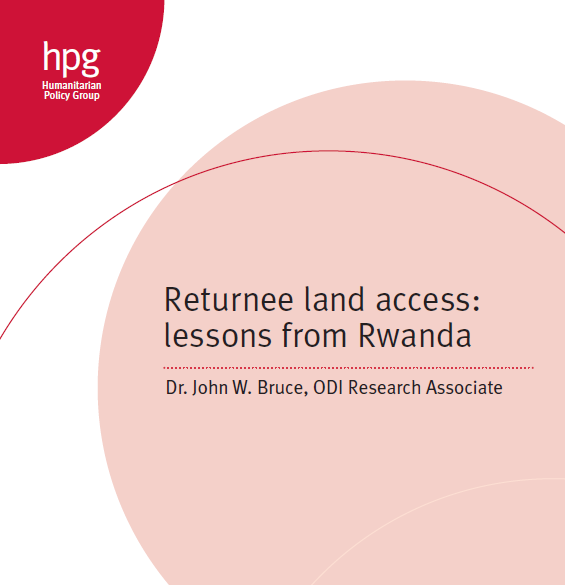Kenya country factsheet on land governance: Policy & Institutional Contexts
This country profile has been compiled as part of a series of country factsheets particularly prepared for Dutch embassies that are developing a strategic analysis on food security and water. The factsheets present the relevant policy and institutional contexts with respect to land governance for each of the 15 selected countries. They have been updated in July 2012.











